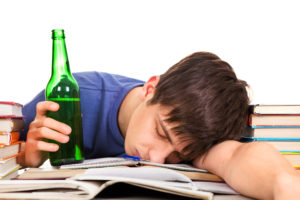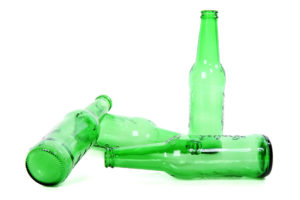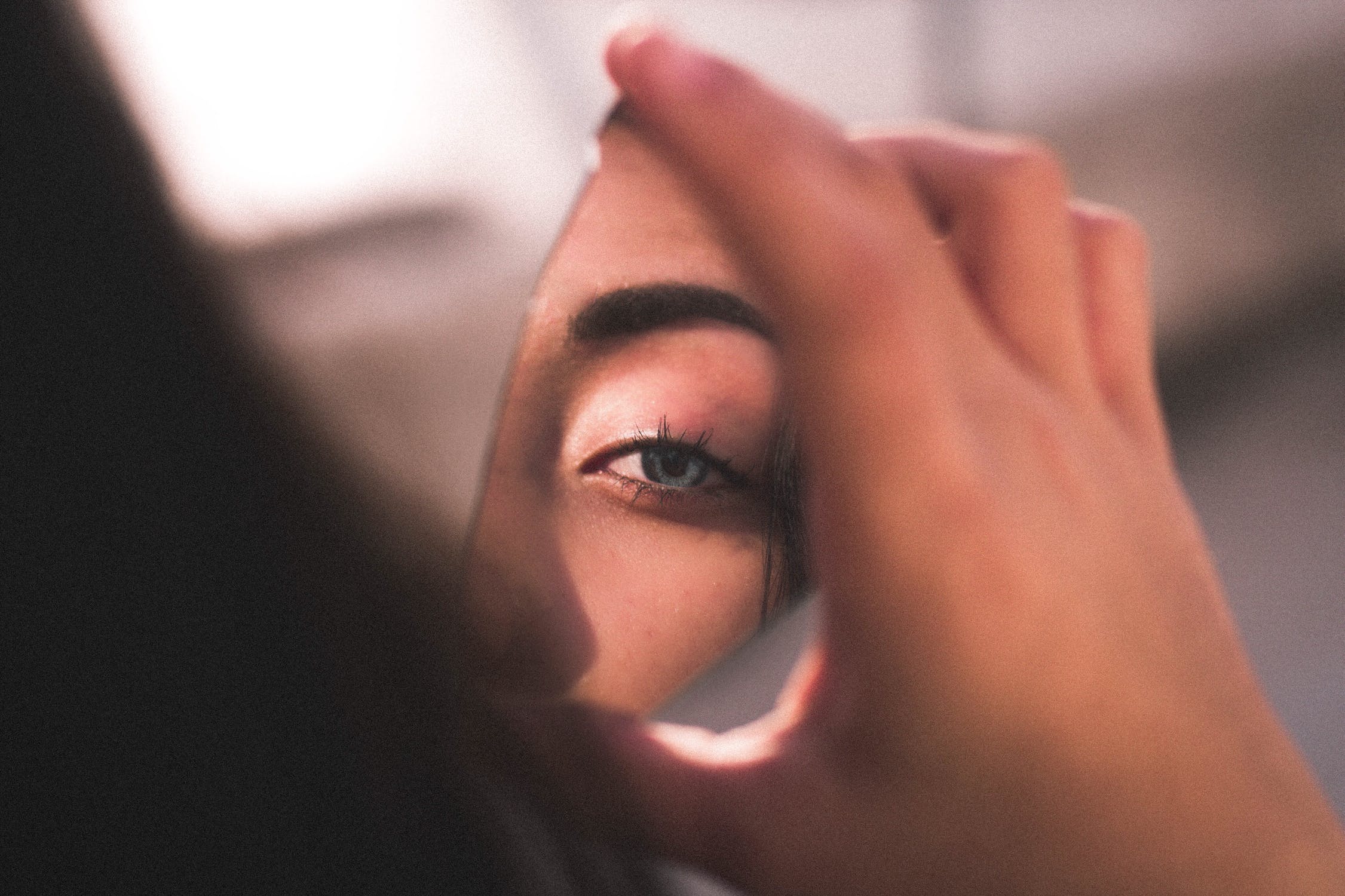If you’re wondering if a friend or family member in college is abusing drugs or alcohol, there are some signs, symptoms, and warning signs that you can use to recognize if there’s a problem.
Santa Barbara College Student Mental Health Guide
Binge Drinking

College students, according to statistics, love drinking alcohol. But it’s often hard to determine the difference between what someone is doing as social behavior and what they’re doing as an addict. Binge drinking is rarely a good sign no matter who is doing it – and a key sign of addiction to look out for is binge drinking on a regular basis.
Studies show that the more you drink, the greater your blackouts will be. So just what defines “binge drinking”? It’s generally defined as five drinks or more in a two-hour period for men, and four drinks or more in that same two-hour window for women. Binge drinking, if left untreated, often leads to addiction.
Criminal Behavior
Over 100,000 arrests take place every single year that are blamed on students and alcohol abuse – everything from public drunkenness to driving drunk. Vandalism is also a factor; 25% of heavy-drinking students have vandalized.
Drugs make things even worse. Cocaine, for example, might help a student manage how tired they are for a small amount of time but more often than not, cocaine abuse turns quickly to cocaine addiction. That makes a person more prone to violence and in many cases that can lead to arrests.
Failing Grades
When a college student’s grades suddenly plunge with no apparent reason, it’s time to begin looking at how much they’re drinking or using. The NIAAA’s study into binge drinking alone reveals 1 out of every 4 college students who binge drink on a regular basis will do very badly in class. Drinking brings with it hangovers, irregular sleeping habits, and fuzzy minds – none of which are conducive to learning.
The extra danger here is that some students try and balance out their lives with stimulants – drugs that are supposed to keep them awake and give them more energy. This extends to prescription drugs like Adderall. These prescription drugs can also lead to drug addiction.
Reckless Behavior
This goes hand-in-hand with criminal behavior – as the substance abuse grows stronger, decision-making prowess starts to slip. If you notice any of the following traits or signs in a person that has never shown them before, it’s time to take an interest:
- Emotional, physical, and/or verbal abuse.
- Neglectfulness of both property and people.
- A greater likeliness to start fights or even assault others.
- A greater likeliness to say horrible things.
- Driving drunk.
- Unprotected sexual activity.
- Committing sexual assault.
- Sex with zero recollection.
- Putting their own safety at risk.
- Putting other people’s safety at risk.
Appearance
A student who is binge drinking or taking pills to help them stay awake often will see changes in their appearance. It’s a known fact that 25% of college kids develop an eating disorder which, in turn, can lead to abuse of diet pills or stimulant pills. People abusing booze or marijuana can also put on a lot of weight. Look for dark circles around the eyes, a lack of color in the face/cheeks, and even sallow skin; all of these are indicators that their body is being weakened by substance abuse.

Lack Of Interest
If a student is isolating themselves for extended periods of time, it could be because they’re devoid of energy. Most substance-abusing students shun extracurricular activities even if they continue to go to classes.
Disturbances In Sleep
When a student begins shifting their entire lifestyle around a sleeping pattern that has them up all night and sleeping most of the day, it’s something to take note of. Cocaine and amphetamines help suppress REM sleep, so disorders are bound to arise.
Changing Social Circles
A sure sign that something’s going on is when people who are abusing change their social circles – meaning the good friends are out and the newer, poorer influences are in. If their new friends are all about partying, you should be able to sense that something is afoot.
Mood Swings
People abusing drugs or alcohol often exhibit a change in their personality. Because substance abuse manipulates the way the brain works, they become negative, lethargic, irritable and/or depressed. Withdrawal symptoms can cause even more agitation – one minute they seem happy (when they’re using), and when they’re not, they can become depressed.
Social Withdrawal
If a college student begins to withdraw and act in a secretive manner, there’s a chance something’s up. It’s generally due to a deep-seated shame at their own behavior and their unwillingness to confront what they’re doing to themselves. But it’s also because they’re not ready to stop and don’t want the guilt or shame a friend might give them when discussing their substance abuse issues.
College Mental Health and Substance Abuse: Risk Factors
The prevalence of substance abuse in college continues to skyrocket. According to the National Survey on Drug Use and Health, many students are trying new drugs and binge drinking.
Learning how to spot signs of drug and alcohol abuse in students is helpful as long-term abuse can lead to crippling mental health problems and even suicide.
From college culture in movies to the stress of living on your own for the first time, there are many reasons why college students look for an escape through substances. However, these are the most commonly cited reasons:
There are many factors for why college students try alcohol and drugs, but another consideration is that it’s a sign of independence. However, as many as 1,825 college students between 18 and 24 will die from alcohol abuse.

Why Substance Abuse is Rising Among College Students
The National Institute on Alcohol Abuse and Alcoholism conducted a study to find that four out of five college students drink alcohol. According to the National Institute on Drug Abuse, a drinking problem is the number one substance abuse issue found in most colleges.
However, the use of marijuana and amphetamines like Adderall is on the rise. About 25% of students suffer from academic consequences related to alcohol and binge drinking. Students say that they skip classes, see lower test scores, and receive lower course grades because of overindulgence in alcohol or drugs.
While mental health also makes it easier to start abusing addictive substances, binge drinking and drug abuse often lead to depression, as school performance declines and dependency accelerates. Many of those suffering from these issues benefit from visiting a southern California rehab facility that offers mental health treatment for college students.
Isolation, Mental Health, and Substance Abuse
One of the most significant warning signs is when someone starts “ghosting” their friends and engaging in risky behaviors. It’s easier to isolate yourself from others than face the world when struggling with substance abuse and mental health problems.
Some of the most common mental health issues related to substance abuse include:

Many students turn to substances to self-medicate while ignoring undiagnosed mental health issues. Symptoms of underlying illnesses can also worsen due to the use of alcohol and drugs.
Students do not have to be afraid of talking about mental health and substance abuse at a southern California rehab. There are specific solutions that include mental health treatment for college students that will work with their schedule and the unique challenges of campus living.
Updated 3/4/21
Santa Barbara College Student Mental Health Guide
This information is provided by Mission Harbor Behavioral Health as an informational resource for college students residing in Santa Barbara. The treatment programs at Mission Harbor are not directly affiliated with any university, however, we offer outpatient mental health services specifically tailored for active college students.

